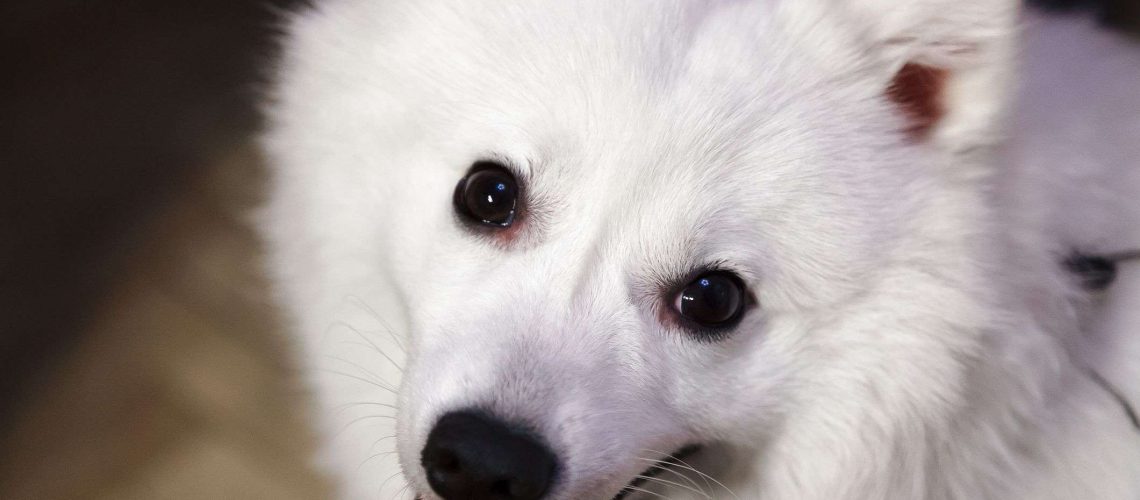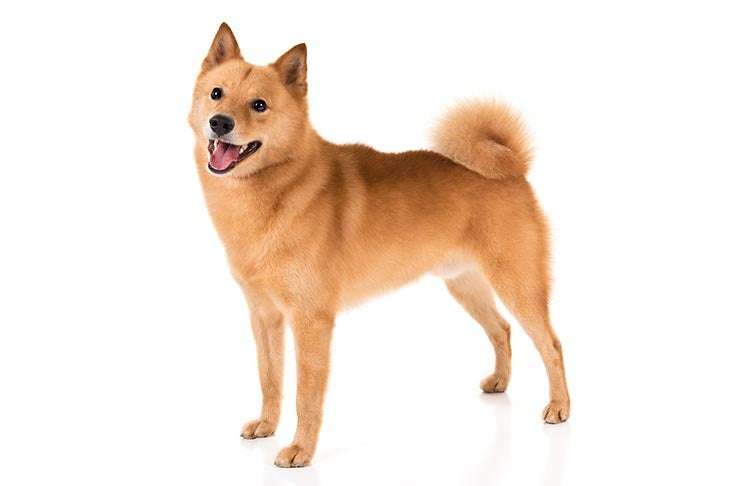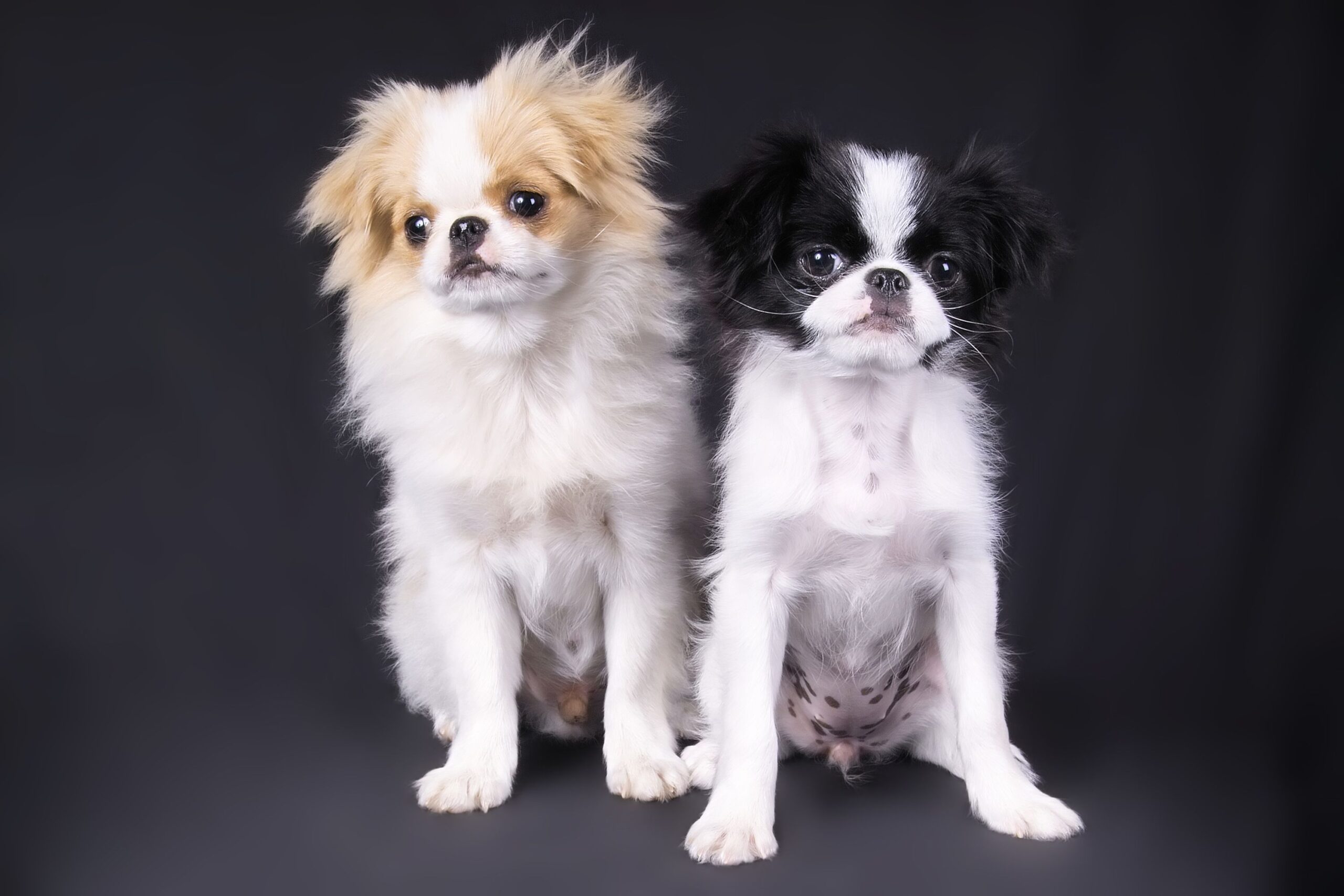Key Takeaways:
- Japanese Spitz is a small to medium-sized dog breed known for its fluffy white coat and fox-like appearance.
- They are highly intelligent, friendly, and loyal, making them great companions for families and individuals alike.
- Japanese Spitz requires regular grooming to maintain their beautiful coat, including brushing at least once a week and occasional baths.
- This breed has a high energy level and needs daily exercise, such as walks or playtime in a securely fenced yard.
- Proper socialization and training from an early age are essential to prevent behavioral issues like excessive barking or separation anxiety.
Are you a dog lover? Do you enjoy learning about different dog breeds and their unique characteristics? If so, then diving into the world of Japanese Spitz is an absolute must! Not only will exploring this topic satisfy your curiosity, but it will also provide you with valuable insights on how to care for these adorable furry companions. Understanding the ins and outs of this breed is essential if you want to create a loving and nurturing environment for your four-legged friend. So, whether you're a seasoned pet owner or just starting your journey into the wonderful world of dogs, join us as we unravel the fascinating traits and care requirements of the Japanese Spitz. Get ready to be captivated by their charm and discover why they are one of the most popular dog breeds worldwide. Let's embark on this journey together and unlock the secrets behind these lovable creatures!
What is a Japanese Spitz and what are its key characteristics?
A Japanese Spitz is a small to medium-sized dog breed that originated in Japan. They are known for their fluffy white coat, fox-like face, and friendly demeanor. Japanese Spitz dogs have a distinct appearance with their wedge-shaped head, almond-shaped dark eyes, and erect ears.
One of the key characteristics of Japanese Spitz dogs is their intelligence. They are quick learners and can easily pick up new commands and tricks. They are also known to be alert and protective, making them good watchdogs for families.
Japanese Spitz dogs are generally well-mannered and easy to train. They have a playful nature and get along well with children and other pets if properly socialized from an early age. Their friendly temperament makes them great companions for families looking for a loyal and affectionate pet.
Size and Lifespan of Japanese Spitz Dogs
Japanese Spitz dogs are considered small to medium-sized breeds. On average, they weigh between 11 to 20 pounds (5 to 9 kilograms) and stand about 10 to 16 inches (25 to 40 centimeters) tall at the shoulder.
The lifespan of a Japanese Spitz dog is typically around 12 to 16 years. With proper care, nutrition, exercise, and regular veterinary check-ups, they can live long and healthy lives.
Are Japanese Spitz dogs friendly and good with families?
Yes, Japanese Spitz dogs are known for their friendly nature and make excellent family pets. They are affectionate towards their owners and enjoy spending time with them. Whether it's playing in the backyard or cuddling on the couch, they thrive on human companionship.
Japanese Spitz dogs are also good with children when raised in a loving and well-socialized environment. They are patient and gentle, making them suitable for families with kids of all ages. However, it's important to supervise interactions between young children and dogs to ensure everyone's safety.
In addition to their friendly nature, Japanese Spitz dogs are also known for their loyalty. They form strong bonds with their family members and will go to great lengths to protect them if needed.
Exercise Needs for Japanese Spitz Dogs
Japanese Spitz dogs have moderate exercise needs and enjoy daily walks or playtime in a secure outdoor area. They have a playful nature and love engaging in activities that stimulate their mind and body.
Aim for at least 30 minutes to an hour of exercise each day to keep your Japanese Spitz dog happy and healthy. This can include walks, fetch games, or interactive toys that provide mental stimulation.
It's important not to over-exercise Japanese Spitz dogs, especially during hot weather, as they can be prone to heat exhaustion due to their thick coat. Be mindful of the temperature and provide plenty of water breaks during outdoor activities.
Grooming Tips for a Japanese Spitz Dog's White Coat
The white coat of a Japanese Spitz dog is one of its defining features but also requires regular grooming to keep it looking its best. Here are some grooming tips:
- Brush your Japanese Spitz dog's coat at least twice a week using a slicker brush or comb. This helps remove loose hair and prevents matting.
- Bathe your Japanese Spitz dog every 1-2 months or as needed using a mild dog shampoo. Be sure to rinse thoroughly to avoid any residue on the coat.
- Regularly check and clean your Japanese Spitz dog's ears to prevent infections. Use a damp cotton ball or ear cleaning solution recommended by your veterinarian.
- Trim your Japanese Spitz dog's nails every 2-3 weeks to keep them at a comfortable length. Be cautious not to cut too close to the quick, which can cause bleeding.
- Brush your Japanese Spitz dog's teeth regularly with a dog-friendly toothbrush and toothpaste to maintain good oral hygiene.
By following these grooming tips, you can keep your Japanese Spitz dog looking clean and well-groomed while also promoting their overall health and well-being.
Common Health Issues in Japanese Spitz Dogs and How to Prevent Them
Japanese Spitz dogs are generally healthy breeds, but like any other dog breed, they can be prone to certain health issues. Here are some common health issues in Japanese Spitz dogs:
- Dental problems: Regular dental care, including brushing their teeth and providing dental chews or toys, can help prevent dental issues such as gum disease.
- Allergies: Some Japanese Spitz dogs may develop allergies to certain foods or environmental factors. Identifying and avoiding allergens can help manage these allergies.
- Patellar luxation: This is a condition where the kneecap dislocates from its normal position. Regular exercise, maintaining a healthy weight, and avoiding excessive jumping can help prevent this condition.
- Cataracts: Japanese Spitz dogs may be prone to developing cataracts as they age. Regular eye check-ups with a veterinarian can help detect any early signs of cataracts.
To prevent these health issues, it's important to provide your Japanese Spitz dog with a balanced diet, regular exercise, and routine veterinary care. Regular check-ups can help detect any potential health issues early on, allowing for prompt treatment and management.
Tips for Training a Japanese Spitz Dog in Basic Obedience Commands
Training a Japanese Spitz dog in basic obedience commands can be an enjoyable experience for both you and your furry friend. Here are some tips to make the training process more effective:
- Start training early: Begin training your Japanese Spitz dog as soon as you bring them home. Puppies have a natural curiosity and eagerness to learn, making it easier to teach them basic commands.
- Use positive reinforcement: Reward your Japanese Spitz dog with treats, praise, or playtime whenever they successfully follow a command. This encourages them to repeat the desired behavior.
- Keep training sessions short and fun: Japanese Spitz dogs have a relatively short attention span, so keep training sessions brief (around 10-15 minutes) and engaging. Use interactive toys or games to make the training process enjoyable.
- Be consistent: Use the same verbal cues and hand signals for each command to avoid confusion. Consistency helps your Japanese Spitz dog understand what is expected of them.
- Practice patience: Training takes time and patience. If your Japanese Spitz dog doesn't grasp a command right away, remain calm and continue practicing in short sessions until they understand.
Remember that every dog is unique, so adjust your training approach based on your Japanese Spitz dog's personality and learning style. With consistency, positive reinforcement, and patience, you can train your Japanese Spitz dog to be well-behaved and obedient.
In conclusion, the Japanese Spitz is a friendly and intelligent dog breed that requires regular grooming and exercise. With proper care and love, they can make wonderful companions for families or individuals.
Is Japanese Spitz high maintenance?
The Japanese Spitz is an ideal choice for individuals who are new to owning a dog. They require minimal upkeep, as a daily walk and some playtime are sufficient to keep them content.
What are the behavior issues with Japanese Spitz?
If dogs are allowed to be in charge of humans, they can develop various behavioral problems such as being cautious and barking at unfamiliar people, being possessive, experiencing anxiety when separated, causing damage, showing aggression, and potentially biting.
Are Japanese Spitz easy to take care of?
Japanese Spitz dogs are known for being intelligent, trainable, low-maintenance, and good with children. They are suitable for apartment living as long as their exercise needs are met, and despite their beautiful white fur, they have relatively low grooming requirements.
Is Japanese Spitz a good pet?
Japanese Spitz dogs are specifically bred to be great companions and make excellent pets. They are usually very good with children and other animals. Due to their love for human company, they are most suitable for households that can give them a significant amount of attention.
What are the disadvantages of Spitz dog?
While the German spitz is generally a healthy breed, there have been reports of certain eye diseases such as progressive retinal atrophy (PRA) and retinal dysplasia. Some dogs may also experience luxating patellas (loose kneecaps).
Can a Japanese Spitz be left alone?
The Japanese Spitz is a breed of dog that thrives on human companionship and does not do well when left alone. With proper training, it can tolerate being by itself for short periods, but if left alone for too long, it may exhibit behavioral issues.

















